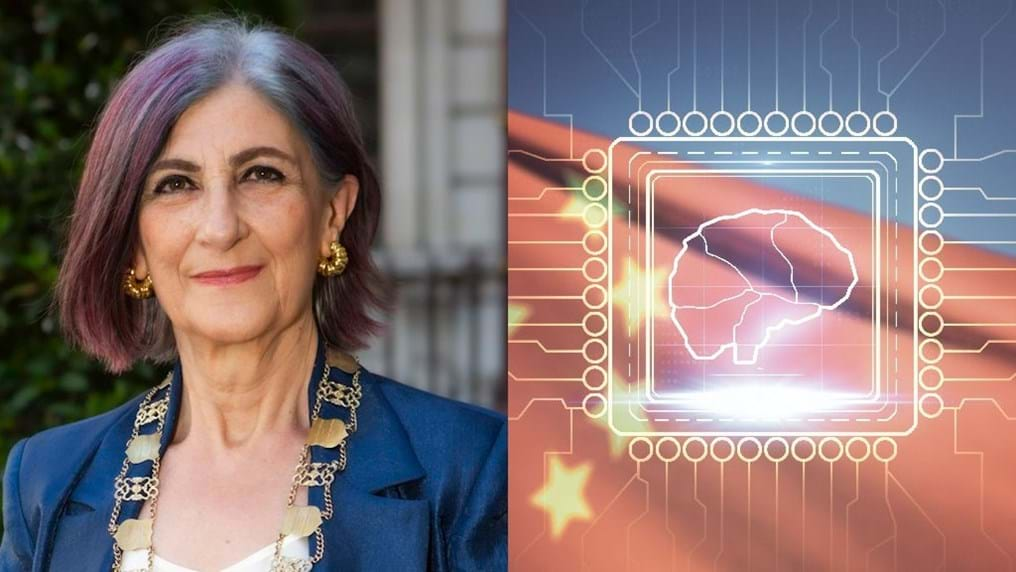Bridging borders: reflections on China’s innovation and chemical engineering’s future

28th August 2025
Invited by the World Congress of Chemical Engineering (WCCE) to deliver a plenary at the 12th Congress of Chemical Engineering in China, IChemE President Raffaella Ocone says she was both overwhelmed and energised by her experience.
Although I am a regular to China, this occasion was somehow more special, with my keynote speech on “The role of chemical engineering in the energy transition” interlinking my personal research with the work of the Institution.
The invitation to speak came before my presidency but, independently from that, IChemE strategy featured in my presentation – an interesting experience, wearing two hats, managing the balance between technical detail and global vision.
I’m not exaggerating when I say that the experience was overwhelming. The level of innovation in China is astonishing. Its pathway for advancing its innovations through technology readiness levels is well developed, understood and agile, bringing discoveries to market in a faster and more effective way than most of the rest of the world.
As a community, we often speak of the need to innovate faster so what can we observe and learn from China. Well, China is committed to the “dual carbon” goals of reaching peak emissions by 2030 and carbon neutrality by 2060. To this end there is a high adoption of electric cars in Beijing, and high adoption of AI. This is underpinned by strong national support for decarbonising foundational industries and a strategic focus on CCUS, with more than 100 projects either operational or in development across the country.
After the WCCE, I travelled to Shenyang to attend the Chinese conference on Fluidization where I was invited to deliver a keynote – the first European to be invited to such a conference. I felt like a “real” engineer, interacting with other real engineers that make “things” for society’s good. Importantly, such a vibrancy made me appreciate, as an academic, the fortune to be training the next generation of chemical engineers. China has a high level of respect for teachers and scholars, and it is clear to everyone, from the industrialists to the users that, without developing and nurturing new talents, in a word, without educators, there will not be engineers (no process, no product!).
I also attended a meeting organised by the Chemical Industry and Engineering Society of China (CIESC), bringing together over ten global and regional scientific societies including EFCE, AIChE, IChemE, DECHEMA and others. CIESC shared an interesting overview of China’s chemical industry and proposed closer collaboration in areas such as youth talent development and industry-academic integration. The forum recognised that no single nation or organisation can address global challenges alone and international collaboration is essential to achieving shared goals in chemical science and engineering.
The first two months of my presidency have been very busy with engagements in areas that I know very well, such as speaking at conferences and technical gatherings, and areas that are relatively new for me, such as working with policymakers and speaking to politicians (see Policy Corner).
And this is what I have learned from those initial months:
The chemical engineering discipline is in good health: Seeing the sheer variety of high standard contributions; observing the involvement and the enthusiasm of early career researchers and practitioners meant that, no doubt, the future of chemical engineering is bright.
The discipline has extended effectively beyond its original boundaries and purposes: The energy transition and AI dominated discussion; however, other topics such as health, food and drink and system biology were all present. Importantly, education, ethics and responsible innovation feature alongside “hardcore” chemical engineering. Ultimately, it was clear that, no matter at which length scale we work, process engineering and our system thinking approach remain the heart of our discipline leading from discovery to production.
If you would like to discuss any of the points raised or have ideas you would like to share, you can contact me at president@icheme.org.